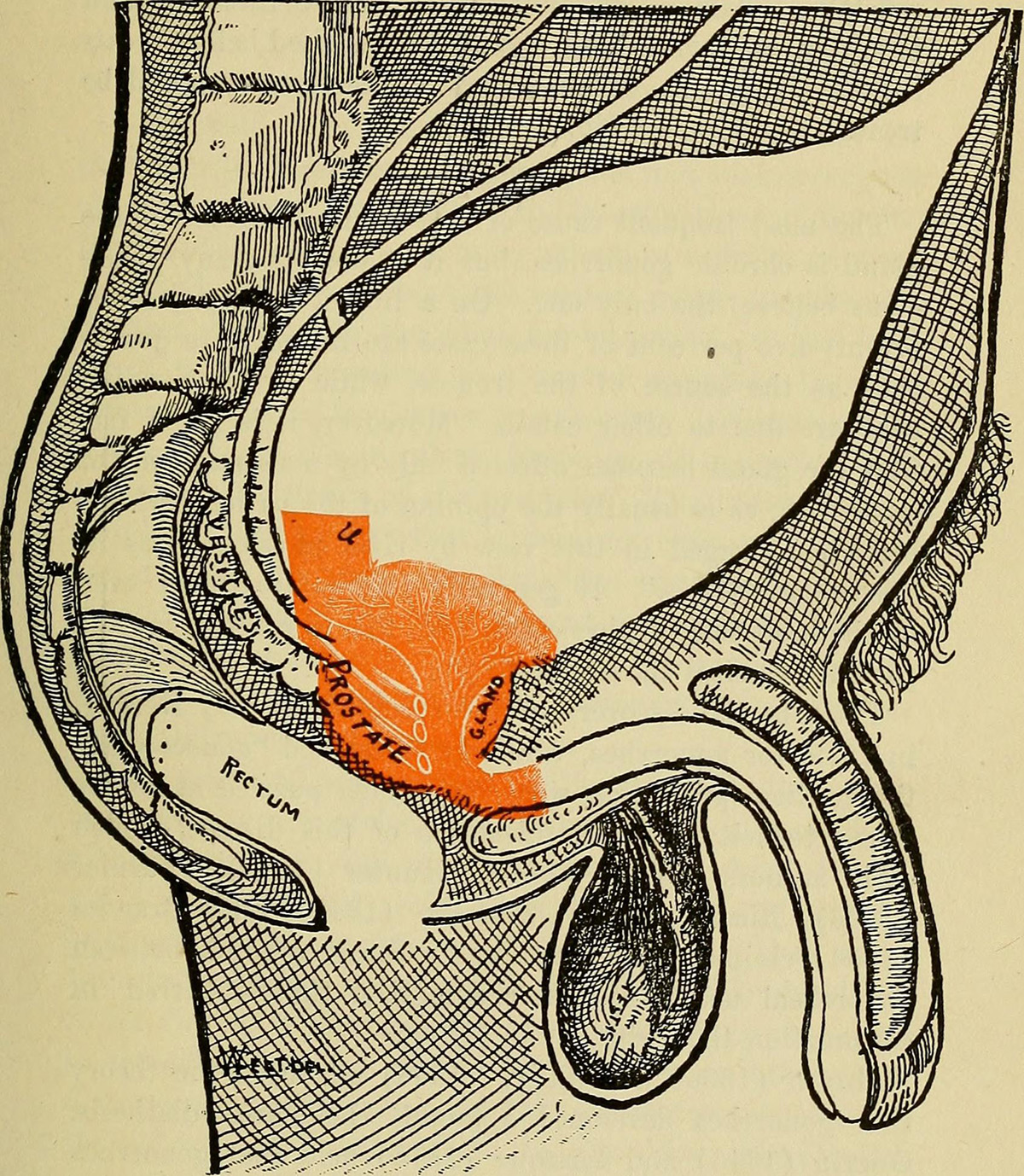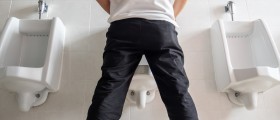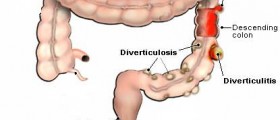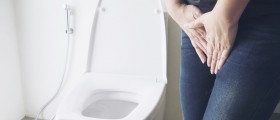
An often-painful condition is a swelling of the prostate gland, called prostatitis. This gland is located below a man’s bladder and it makes some of the fluid that appears in semen. It is about the size of a walnut in younger man, but steadily grows as the man gets older.
There are a couple different types of prostatitis and they vary according to the amount of time that the person has had the condition and what the root of the problem is in the start.
Often the condition is caused by bacteria, but in many cases the cause is never known.
Some of the symptoms of a chronic condition of prostatitis includes a pain that starts off mild and then increases in intensity over the coming weeks and months.
Other symptoms includes a constant urge to urinate, without urinating a lot when trying. A burning sensation during urination can also occur. A person with the condition will feel like the bladder is still full, no matter how many times they went to the bathroom. The pain resulting from prostatitis is usually felt in the lower back and the area around the testicles and anus, also in the lower stomach area, upper thighs and above the pubic area.
During a bowel movement, the pain could be considerably more intense. There is also a symptom of pain during ejaculation and pain felt at the tip of a man’s penis.
In an acute case of prostatitis, the symptoms are the same, but they start suddenly and are immediately much more severe. Fever and chills might also accompany the other symptoms in an acute case.
However, in some cases, a man will not experience any symptoms, which will make the condition very hard to diagnose without an examination performed by a urologist.
The doctor will usually use a digital rectal exam to identify the problem.
If the prostatitis is caused by bacteria, then the doctor will prescribe antibiotics to get rid of the problem. However if it is not caused by bacteria, it can often be treated through home remedies.
It is important to drink a lot of fluids and to get a lot of rest.
Over-the-counter painkillers will also help to relieve the pain. A doctor can also prescribe medicine that will soften the stool and relax the bladder muscles, which will make bowel movements less painful as well.
In very rare cases, prostatitis is treated with surgery.

















Your thoughts on this
Loading...